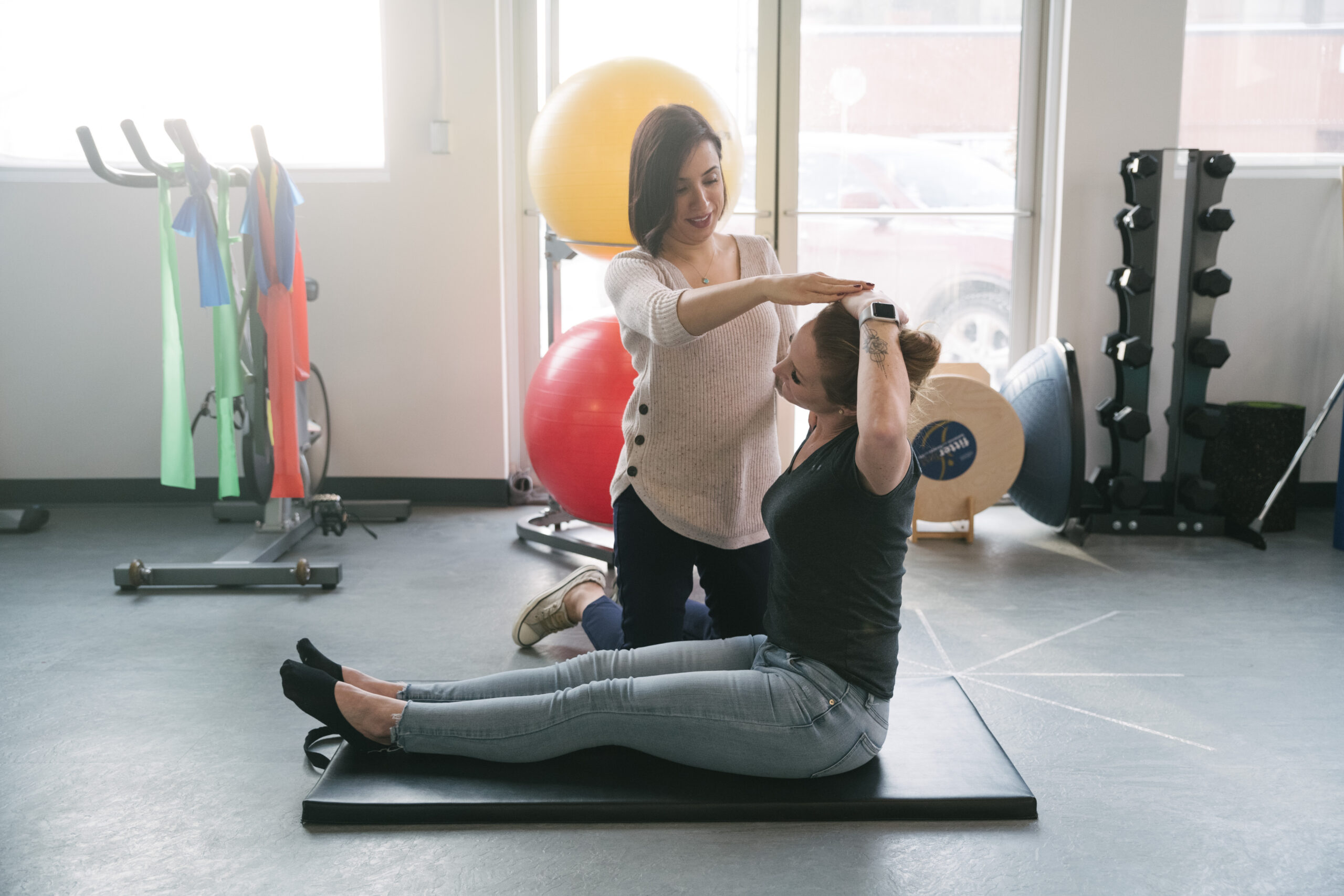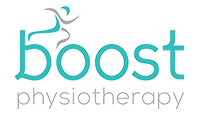
What is Vestibular Therapy?
Vestibular therapy is a specialized form of physio that focuses on treating conditions related to the vestibular system. The vestibular system is responsible for our sense of balance and spatial orientation. When this system is affected by injury, disease, or other factors, it can lead to dizziness, vertigo, and problems with balance.
Vestibular therapy aims to alleviate symptoms associated with vestibular disorders. It involves a variety of exercises and techniques that are tailored to each individual’s specific needs. These exercises may include head movements, eye exercises, balance training, and coordination exercises.
The goal of vestibular therapy is to promote compensation, adaptation, and habituation. Compensation refers to the brain’s ability to use other senses and strategies to compensate for the impaired vestibular function. Adaptation involves training the vestibular system to function more effectively over time. Habituation focuses on reducing the sensitivity to motion or specific stimuli that trigger symptoms.
Who Can Benefit from Vestibular Therapy?
Vestibular therapy can be beneficial for individuals who experience a range of vestibular disorders and related symptoms. Some common conditions that may benefit from vestibular therapy include:
- Benign Paroxysmal Positional Vertigo (BPPV): BPPV is characterized by brief episodes of vertigo triggered by specific head movements. Vestibular therapy can help reposition displaced crystals within the inner ear, which often contributes to the condition.
- Vestibular Neuritis: This condition involves inflammation of the vestibular nerve, leading to severe dizziness and imbalance. Vestibular therapy can assist in reducing symptoms and improving balance.
- Meniere’s Disease: Meniere’s disease is a chronic condition that causes recurring episodes of vertigo, hearing loss, tinnitus, and ear fullness. Vestibular therapy can help manage the symptoms and enhance overall balance.
- Post-Concussion Syndrome: Following a concussion, some individuals experience persistent dizziness and balance problems. Vestibular therapy can aid in recovery and alleviate these symptoms.
- Age-related Balance Issues: As we age, our vestibular system may naturally decline, resulting in balance difficulties. Vestibular therapy can help improve balance and reduce the risk of falls.
What to Expect During Vestibular Therapy?
Rehabilitation Exercises: You will be guided through various exercises designed to improve your balance, coordination, and gaze stability. These exercises may include head movements, eye exercises, walking on different surfaces, and challenging your balance in a controlled environment.
Progress Tracking: Throughout the therapy sessions, your progress will be regularly monitored and evaluated. Adjustments may be made to the treatment plan as needed to ensure optimal results.
Home Exercises: In addition to the therapy sessions, your therapist may provide you with exercises to practice at home. Consistency and adherence to these exercises are crucial for achieving the best outcomes!
Remember, every individual’s experience with vestibular therapy may vary, and the duration of treatment can differ depending on the specific condition and progress. It’s important to consult with a healthcare professional or a qualified vestibular therapist to determine if vestibular therapy is right for you!
We provide expert physiotherapy services to all of South Edmonton and Stony Plain. We have therapists trained in vestibular rehabilitation at each of our locations. Give us a call at either our South Edmonton Physiotherapy clinic or our Stony Plain Physiotherapy clinic and we can get you booked in today!
BY: gcowan
Uncategorized
COMMENTS: No Comments
